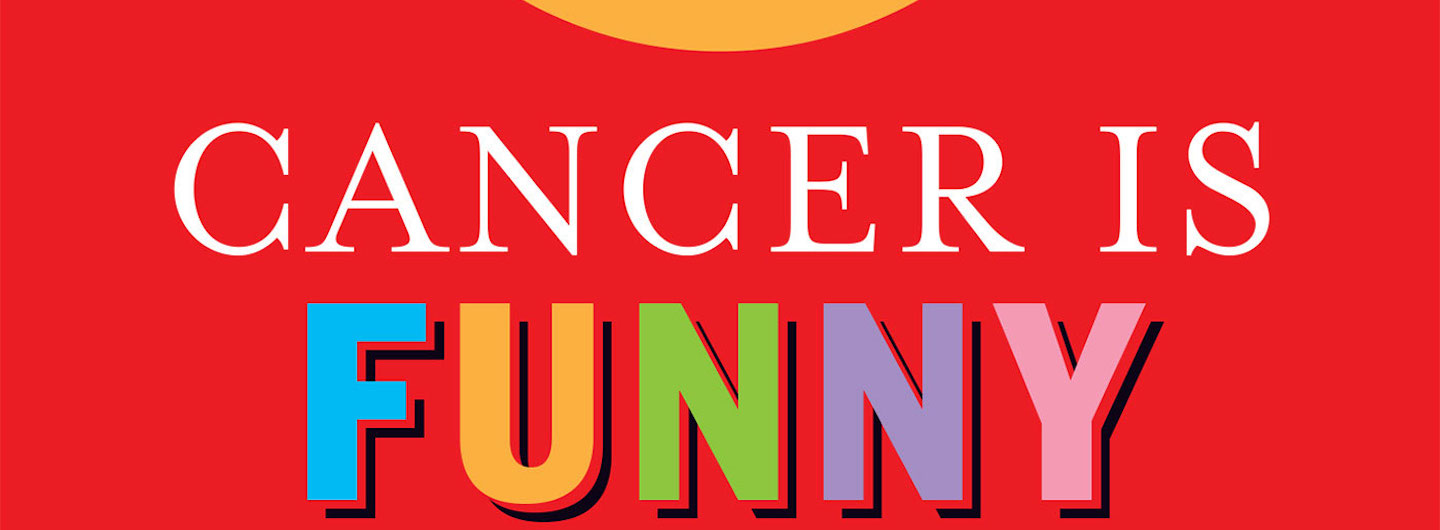That we have all been touched by cancer, if not personally, then relationally, is why Jason Micheli’s new book, Cancer is Funny: Keeping Faith in Stage-Serious Chemo, is such an important book. It’s also my first must-read recommendation of 2017.
 Thirty-something husband, father, and pastor Micheli was diagnosed with a rare form of cancer, mantle cell lymphoma, that is so severe it can’t be “staged” like others. It was a diagnosis that resulted in an instant, intensive, eight-week course of chemotherapy that would wreak havoc on his healthy body and lead him to question everything he thought he knew about God and faith. It also resulted in one of the funniest and more insightful works of theology I’ve read in some time.
Thirty-something husband, father, and pastor Micheli was diagnosed with a rare form of cancer, mantle cell lymphoma, that is so severe it can’t be “staged” like others. It was a diagnosis that resulted in an instant, intensive, eight-week course of chemotherapy that would wreak havoc on his healthy body and lead him to question everything he thought he knew about God and faith. It also resulted in one of the funniest and more insightful works of theology I’ve read in some time.
Cancer is funny for Micheli, in large part, because he has a seemingly indefatigable sense of humor, which, thankfully for us readers, was consistently lost on his doctors and nurses, adding even more laugh-out-loud moments to his reflections. Even in the most painful and humiliating moments of his treatment, Micheli could crack wise. But this sense of humor is not a mask, as Micheli makes himself emotionally and spiritually vulnerable to his audience, laying bare the ways in which this experience almost broke him. I found myself laughing out loud in one paragraph and reaching for the tissues in the next and challenged by his insights on faith and his theological speculations in each chapter.
Cancer is also funny in the ways ways in which it leads Micheli to re-think theology, faith, and Christian practice. At the heart of the book is a central question: “If so much of the Bible’s faith takes the form of complaint, then do we, who rarely address God plainly from the bowels of our pain, preferring instead the niceties of praise and petition, commit something like unbelief” (192). Micheli forces us to consider the ways in which our faith is often incompatible with the very God we claim to have faith in. He adds, “Since we purpose-driven moderns have transmuted so much of the mystery of faith down to its utility (Three Biblical Steps to Success in the Workplace), it’s not surprising how more often than not, our language of faith—our songs, our prayers, our cross-stitched and retweeted pieties—is meant to reassure us that, like State Farm, God is there” (190). Micheli’s book is, in a way, redeeming. It allows us to see anew all the experiences of anger, frustration, doubt, and loneliness (those times when we don’t or can’t experience the Divine—whatever either of those words mean) as potentially (inherently?) sacred and faith-filled.
At the same time, this experience of doubt should force us into a greater reliance on community, which, Micheli suggests, is at the heart of faith. He writes, “Our faith in the suffering love of God is intelligible, then, not through abstract answers to philosophical questions but only through the love of a community who suffer with us” (163). Micheli is quick to point out the particularities of the human experience and argues that, like cancer, there is no universal experience (or one-size-fits-all faith) to which we can all relate. Of course, this isn’t completely true as suffering is universal. It is so prevalent that, as Micheli points out time and time again, even God experiences it. So, as we either suffer ourselves or align ourselves with those who do, perhaps we participate in the Divine.
I’m tempted to just list all of Micheli’s insights here…all of those moments that made me put the book down and walk around. But, seriously, whether you’re professional clergy, a person of faith, or simply have a pulse, you need to buy the book and read it. In the context of his memories of fear, joy, and suffering, their impact is inimitable and undeniable.
Cancer is Funny: Keeping Faith in Stage-Serious Chemo (Fortress Press, 226 pgs.) is available here. For those of you in Los Angeles, Jason will be speaking at Westwood United Methodist Church on Sunday, January 22nd, at 10:00 a.m.
